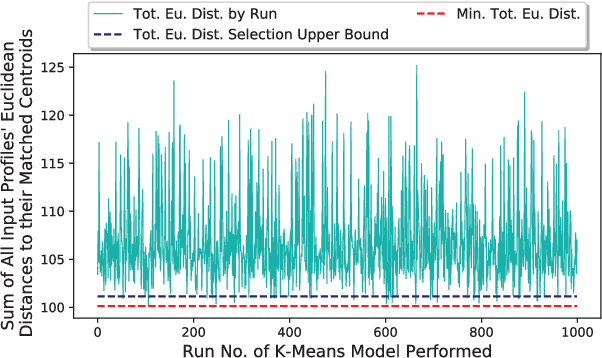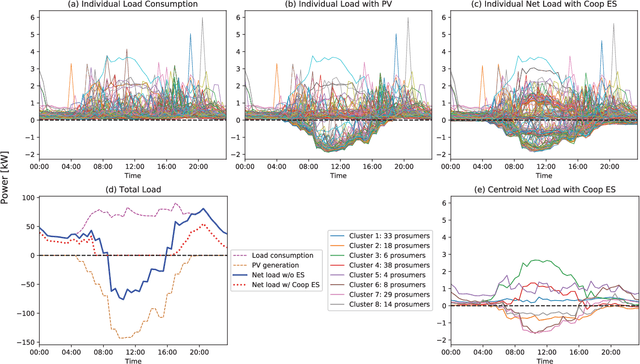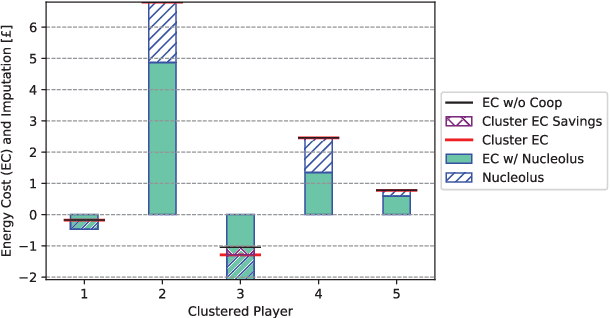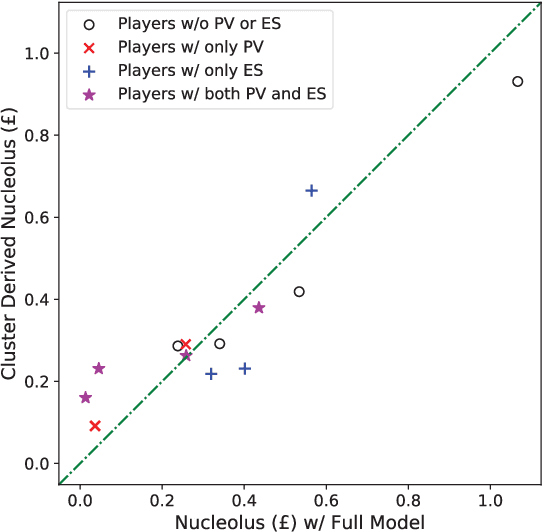Thomas Morstyn
Large Language Model Interface for Home Energy Management Systems
Jan 14, 2025



Abstract:Home Energy Management Systems (HEMSs) help households tailor their electricity usage based on power system signals such as energy prices. This technology helps to reduce energy bills and offers greater demand-side flexibility that supports the power system stability. However, residents who lack a technical background may find it difficult to use HEMSs effectively, because HEMSs require well-formatted parameterization that reflects the characteristics of the energy resources, houses, and users' needs. Recently, Large-Language Models (LLMs) have demonstrated an outstanding ability in language understanding. Motivated by this, we propose an LLM-based interface that interacts with users to understand and parameterize their ``badly-formatted answers'', and then outputs well-formatted parameters to implement an HEMS. We further use Reason and Act method (ReAct) and few-shot prompting to enhance the LLM performance. Evaluating the interface performance requires multiple user--LLM interactions. To avoid the efforts in finding volunteer users and reduce the evaluation time, we additionally propose a method that uses another LLM to simulate users with varying expertise, ranging from knowledgeable to non-technical. By comprehensive evaluation, the proposed LLM-based HEMS interface achieves an average parameter retrieval accuracy of 88\%, outperforming benchmark models without ReAct and/or few-shot prompting.
Home Electricity Data Generator (HEDGE): An open-access tool for the generation of electric vehicle, residential demand, and PV generation profiles
Oct 02, 2023



Abstract:In this paper, we present the Home Electricity Data Generator (HEDGE), an open-access tool for the random generation of realistic residential energy data. HEDGE generates realistic daily profiles of residential PV generation, household electric loads, and electric vehicle consumption and at-home availability, based on real-life UK datasets. The lack of usable data is a major hurdle for research on residential distributed energy resources characterisation and coordination, especially when using data-driven methods such as machine learning-based forecasting and reinforcement learning-based control. A key issue is that while large data banks are available, they are not in a usable format, and numerous subsequent days of data for a given single home are unavailable. We fill these gaps with the open-access HEDGE tool which generates data sequences of energy data for several days in a way that is consistent for single homes, both in terms of profile magnitude and behavioural clusters. From raw datasets, pre-processing steps are conducted, including filling in incomplete data sequences and clustering profiles into behaviour clusters. Generative adversarial networks (GANs) are then trained to generate realistic synthetic data representative of each behaviour groups consistent with real-life behavioural and physical patterns.
Centralised rehearsal of decentralised cooperation: Multi-agent reinforcement learning for the scalable coordination of residential energy flexibility
Jun 05, 2023



Abstract:This paper investigates how deep multi-agent reinforcement learning can enable the scalable and privacy-preserving coordination of residential energy flexibility. The coordination of distributed resources such as electric vehicles and heating will be critical to the successful integration of large shares of renewable energy in our electricity grid and, thus, to help mitigate climate change. The pre-learning of individual reinforcement learning policies can enable distributed control with no sharing of personal data required during execution. However, previous approaches for multi-agent reinforcement learning-based distributed energy resources coordination impose an ever greater training computational burden as the size of the system increases. We therefore adopt a deep multi-agent actor-critic method which uses a \emph{centralised but factored critic} to rehearse coordination ahead of execution. Results show that coordination is achieved at scale, with minimal information and communication infrastructure requirements, no interference with daily activities, and privacy protection. Significant savings are obtained for energy users, the distribution network and greenhouse gas emissions. Moreover, training times are nearly 40 times shorter than with a previous state-of-the-art reinforcement learning approach without the factored critic for 30 homes.
Improving the Scalability of a Prosumer Cooperative Game with K-Means Clustering
Mar 26, 2019



Abstract:Among the various market structures under peer-to-peer energy sharing, one model based on cooperative game theory provides clear incentives for prosumers to collaboratively schedule their energy resources. The computational complexity of this model, however, increases exponentially with the number of participants. To address this issue, this paper proposes the application of K-means clustering to the energy profiles following the grand coalition optimization. The cooperative model is run with the "clustered players" to compute their payoff allocations, which are then further distributed among the prosumers within each cluster. Case studies show that the proposed method can significantly improve the scalability of the cooperative scheme while maintaining a high level of financial incentives for the prosumers.
 Add to Chrome
Add to Chrome Add to Firefox
Add to Firefox Add to Edge
Add to Edge